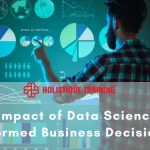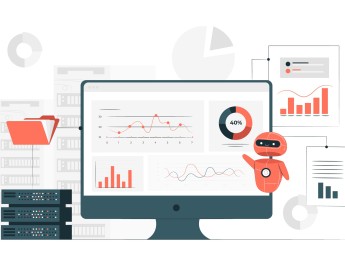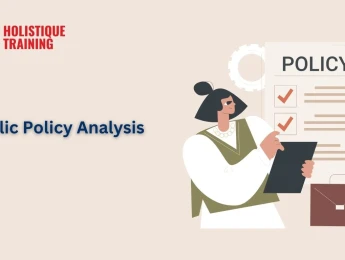This intensive course is designed to provide a deep understanding and practical experience in biomedical data analysis. Participants will explore advanced statistical methods, data visualisation techniques, and machine learning applications tailored for biomedical research. The course combines theoretical knowledge with hands-on sessions, enabling participants to analyse complex biomedical datasets effectively and make data-driven decisions in their research and practice.
Upon completion of this course, participants will be able to:
- Master advanced statistical methods for biomedical data analysis.
- Develop skills in data visualisation and interpretation.
- Apply machine learning techniques to biomedical datasets.
- Gain practical experience with data analysis tools and software.
- Enhance their ability to conduct and publish high-quality biomedical research.
This course is intended for Biomedical researchers:
- Medical professionals
- Data scientists and analysts
- Graduate students in biomedical and life sciences
- Healthcare professionals interested in data analysis
The course employs a blend of instructional methods, including:
- Interactive lectures
- Hands-on data analysis sessions
- Group discussions and case studies
- Expert-led Q&A sessions
- Comprehensive course materials and resources
Day 5 of each course is reserved for a Q&A session, which may occur off-site. For 10-day courses, this also applies to day 10
Section 1: Foundations of Biomedical Data Analysis
- Types of biomedical data: clinical, genomic, imaging, etc.
- Data collection and preprocessing techniques
- Descriptive and inferential statistics
- Data cleaning and preparation
Section 2: Advanced Statistical Methods
- Linear and logistic regression
- Survival analysis and mixed-effects models
- Bayesian statistics and applications
- Multivariate analysis techniques
Section 3: Data Visualization and Interpretation
- Principles of effective data visualisation
- Tools for data visualisation: R, Python, specialised software
- Creating plots, charts, and dashboards
- Communicating findings to diverse audiences
Section 4: Machine Learning in Biomedical Research
- Overview of machine learning concepts
- Supervised learning: decision trees, random forests, neural networks
- Unsupervised learning: clustering, dimensionality reduction
- Practical applications of machine learning in biomedical research
Section 5: Practical Applications and Case Studies
- Hands-on data analysis with real biomedical datasets
- Applying statistical and machine learning techniques
- Real-world case studies from biomedical research
- Course review, Q&A session, and certification ceremony
Upon successful completion of this training course, delegates will be awarded a Holistique Training Certificate of Completion. For those who attend and complete the online training course, a Holistique Training e-Certificate will be provided.
Holistique Training Certificates are accredited by the British Assessment Council (BAC) and The CPD Certification Service (CPD), and are certified under ISO 9001, ISO 21001, and ISO 29993 standards.
CPD credits for this course are granted by our Certificates and will be reflected on the Holistique Training Certificate of Completion. In accordance with the standards of The CPD Certification Service, one CPD credit is awarded per hour of course attendance. A maximum of 50 CPD credits can be claimed for any single course we currently offer.
- Course Code PI1 - 129
- Course Format Classroom, Online,
- Duration 5 days












